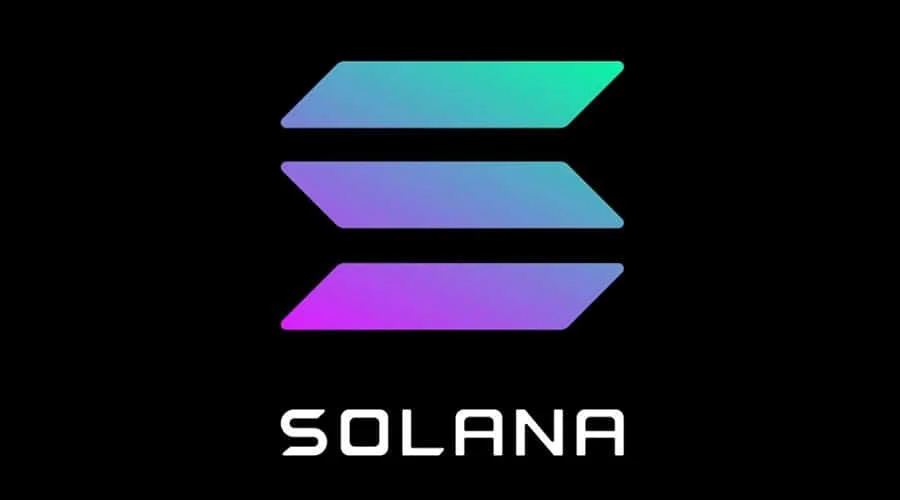
After the Solana mainnet beta cluster experienced a 7-hour outage two days ago due to blocked consensus, Solana developers devised an elaborate plan to improve network stability.
According to a Tuesday blog, the outage, which began around 20:30 UTC on Saturday and lasted until 03:30 UTC on Sunday, was caused by an enormous amount of inbound transactions (6 million per second) that flooded the network, exceeding the 100Gbps of traffic at individual nodes.
The developers refuted reports of a denial of service (DoS) attack, claiming that “evidence indicates bots tried to pragmatically win a new NFT being minted using the popular candy machine program” by overloading the network.
According to ZyCrypto, a similar network disruption occurred on Ethereum last weekend when many buyers attempted to mint Otherdeeds NFTs in the recently opened BAYC “Otherside” metaverse.
However, according to Solana developers, the particular reason for the stalling of consensus was due to validators running out of memory and crashing. “The main problem of the excessive memory usage was insufficient votes landing to finalize earlier blocks, prohibiting abandoned fork cleanup,” according to the blog.
The interruption led SOL’s price to fall about 13% to $82, though it has since recovered to $85.73 as of this writing.
Having said that, Solana developers offered details on how they want to prevent future network instability, bolstering the recently launched beta release branch v1.10.
Devs are presently working on a more interoperable protocol based on QUIC — a technology developed by Google – to replace the existing UDP-based protocol, which is prone to abuse. Devs claim that once completed, “there will be more options available to adjust and optimize data ingestion while making transactions more successful.”
They are also developing a more sophisticated stake-weighted Quality of Service (QoS) that would prioritize users with high staked value, putting a stop to the existing practice of accepting transactions on a first-come, first-served basis.
Furthermore, fee prioritization is coming to Solana, specifically with the v1.11 release. Unlike Ethereum fees, which affect the entire block, Solana’s cost will only impact the specific state. As a result, subsequent transactions that pay a greater fee but cannot fit into the current block will be spilled into the next one.
According to its own status reporting, the latest outage on the Solana network is the seventh this year, with the single DDOS attack detected in September 2021.
This website uses cookies.